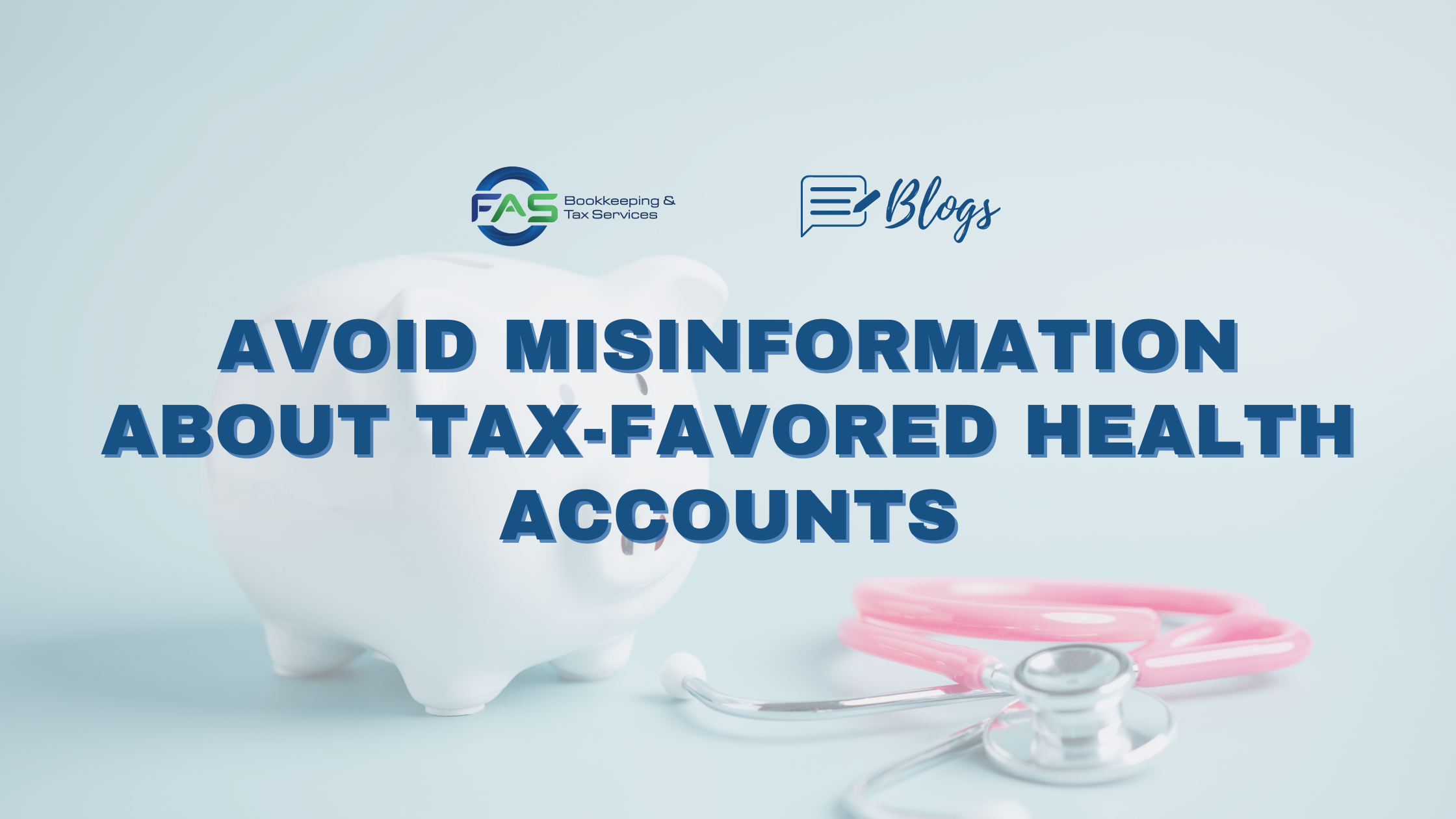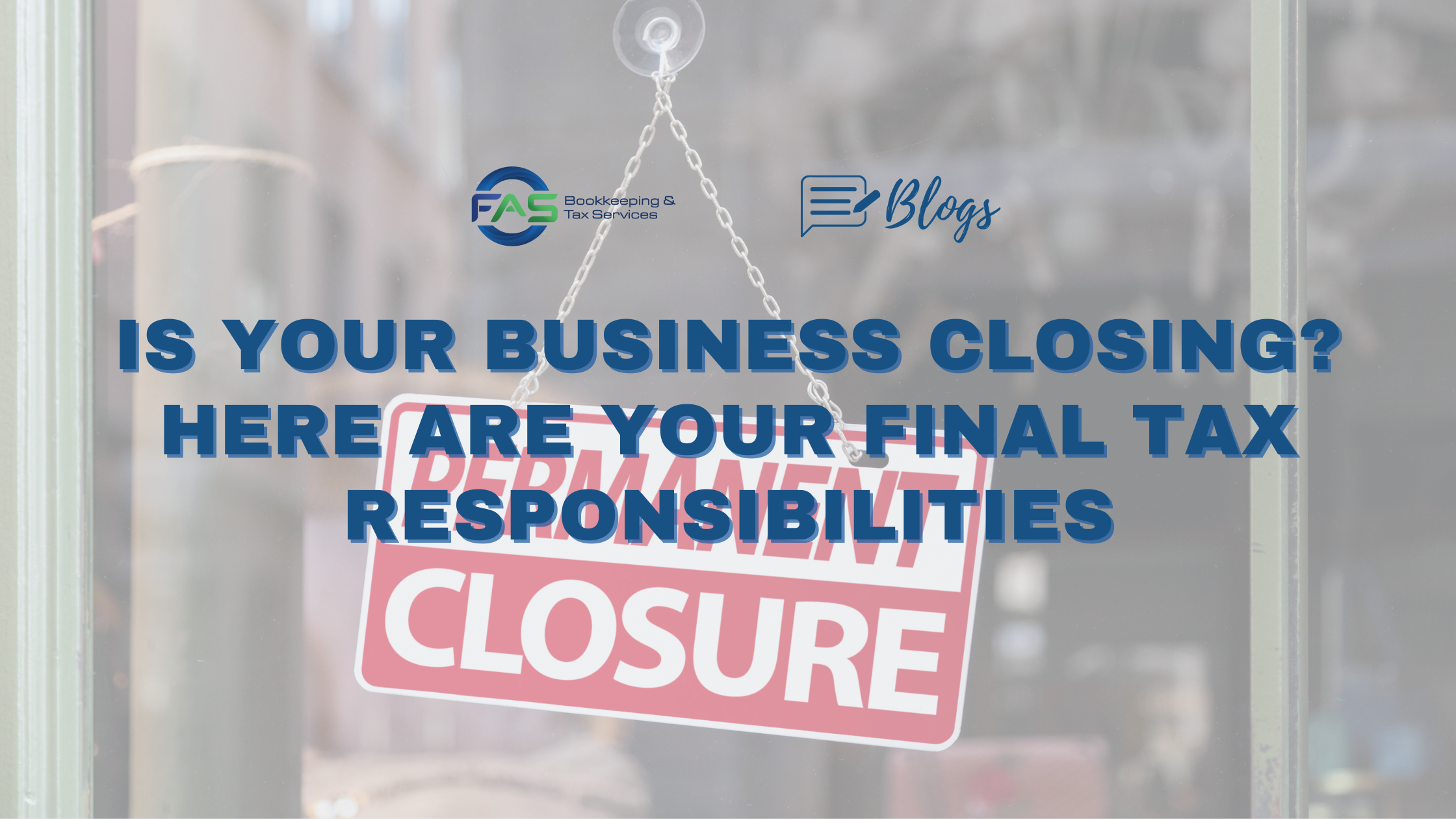The IRS mails millions of notices and letters to taxpayers every year for a variety of reasons. If you receive correspondence from the IRS, don’t panic. You can usually deal with a notice by simply responding to it; most IRS notices are about federal tax returns or tax accounts. Each notice has specific instructions, so read your notice carefully because it will tell you what you need to do. In most cases, your notice will be about changes to your account, taxes you owe or a payment request; however, your notice may also ask you for more information about a specific issue.
Unless you are specifically instructed to do so, there is usually no need for a taxpayer to reply to a notice. For example, if your notice says that the IRS changed or corrected your tax return, review the information and compare it with your original return. If you agree with the notice, you usually don’t need to reply unless the notice gives you other instructions or you need to make a payment.
If you don’t agree with the notice, you will need to write a letter that explains why you disagree and include information and documents you want the IRS to consider. Mail your response with the contact stub at the bottom of the notice to the address on the contact stub. Allow at least 30 days for a response.
For most notices, there is no need to call or visit the IRS. If you have questions, call the phone number in the upper right-hand corner of the notice. Be sure to have a copy of your tax return and the notice with you when you call. As always, keep copies of any notices you receive with your tax records.
Be alert for tax scams as well. As a reminder, the IRS sends letters and notices by mail and does NOT contact people by email or social media to ask for personal or financial information.
If you need assistance understanding an IRS Notice or letter, believe it is in error, or discover you owe additional tax, contact us!




